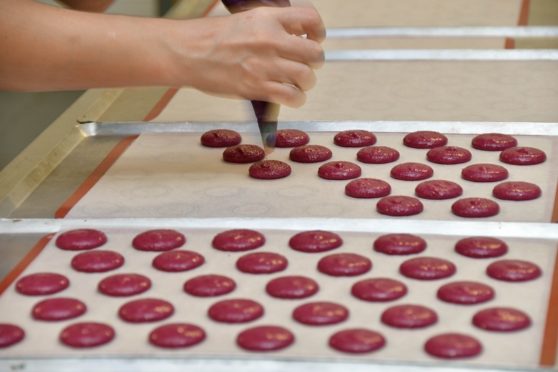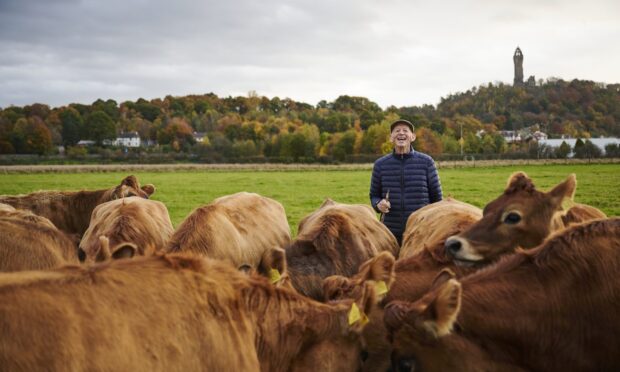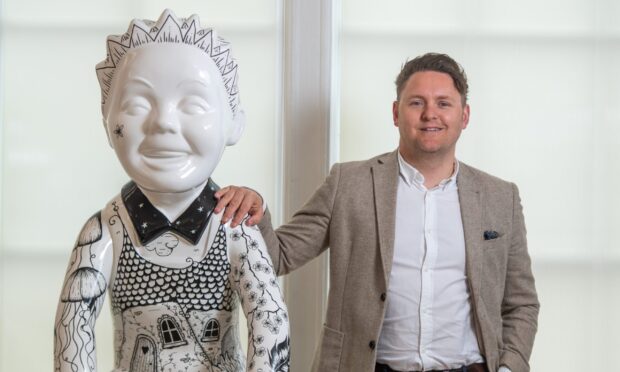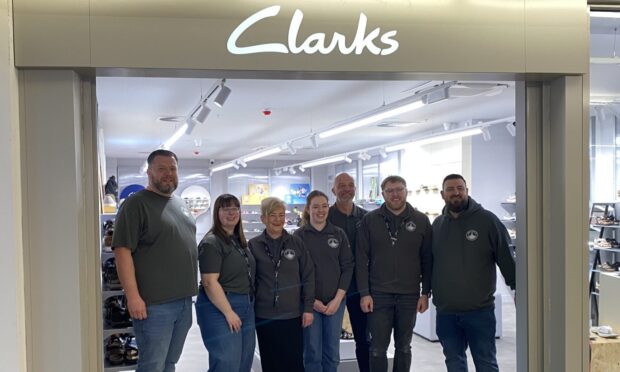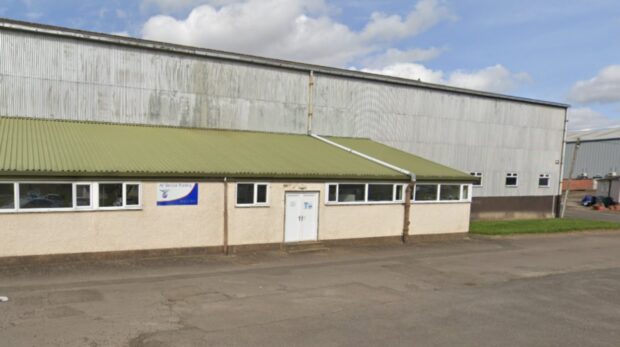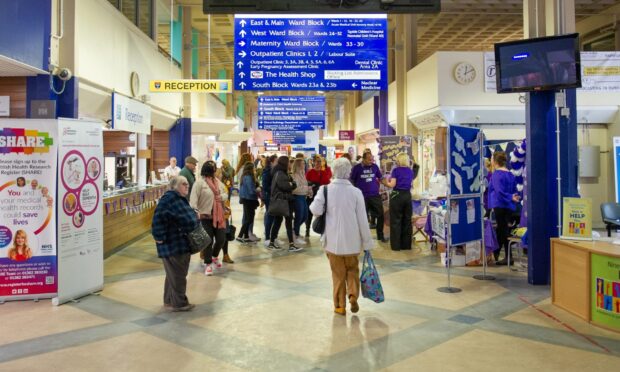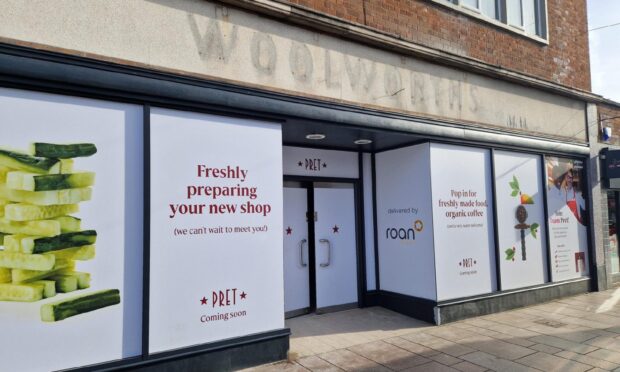Thousands of companies have been taking advantage of an unprecedented package of UK Government support to protect jobs and support firms as they attempt to get back to business during the coronavirus outbreak.
As more and more companies continue to get back to work, we look at how the financial support is helping firms across the nation to adapt, innovate and protect jobs.
Here are examples of how companies have been helped and what support is available.
CASE STUDY – MADEMOISELLE MACARON
Rachel Hanretty, of Mademoiselle Macaron, fell in love with macarons while living in Paris. After eating far too many patisseries, she enrolled at the Alain Ducasse cookery school to learn how to make macarons.
She said: “They’re just so pretty. They’re so delicate. And they’re quite hard to make because there’s a lot that can go wrong.”
Once Rachel returned to Edinburgh and noticed a gap in the market, she decided to set up her very own macaron business.
She said: “I wanted to have that little bit of Paris with me. I focused on taste bud tourism, so when you eat these macarons you’re transported to the Champs-Élysées.”
After nine months of trading from home and going to food markets, Rachel set up her first bricks-and-mortar store.
She said: “It was in the centre of Edinburgh, it had a view of the castle. It was beautiful.”
But since launching their online store in 2015, and realising that they could send macarons across the country, plus the fact that they had large bookings from both wholesale and wedding customers, the bricks and mortar became unnecessary.
The company, which employs eight people, lost all their wholesale customers overnight due to Coronavirus.
Rachel said: “It was really scary. All the weddings, all the wholesale customers, and the bulk of our production disappeared. And then, of course, you have phone calls from people wanting to cancel future orders and refunds.
“We entered the cash flow situation whereby the wholesale customers stopped paying the invoices. And we’ve now got over £30,000 worth of overdue invoices.”
But, it’s not all doom and gloom, as Mademoiselle Macaron has started to see an increase in online orders.
It’s thanks to the UK Government’s furlough scheme that her business has kept afloat. Rachel said: “The furlough scheme has been a real lifeline in this time of crisis. I asked people to volunteer for furlough. So the people who wanted to and were happy to, they were the first ones to go. I cried.
“I just felt like I was stuck in this moral quandary. Do we keep going and safeguard the business, so there’s a business for everyone to come back to? Or do I shut down because I can see that this is causing people severe anguish? We managed to recall stock that was sitting in hospitality clients freezers. That is the only reason we survived. What you make, you keep in the freezer and you use when you need to. It’s not like it’s a cupcake, if we were perishable goods we would never have survived.”
Now everyone is back at work at Mademoiselle Macaron, they’ve had to be creative in terms of changing shift patterns and splitting the team in half, so there’s less contact.
“We have a big kitchen so the space isn’t the issue. It’s more that we wanted to keep the team safe,” adds Rachel.
Mademoiselle Macaron’s online sales have increased so much that they’re potentially in a position to hire more people on temporary contracts. Ideally, Rachel would like to help younger people and develop a training program with a college. “They’ve been so much more affected, and it’s just something close to my heart,” she said.
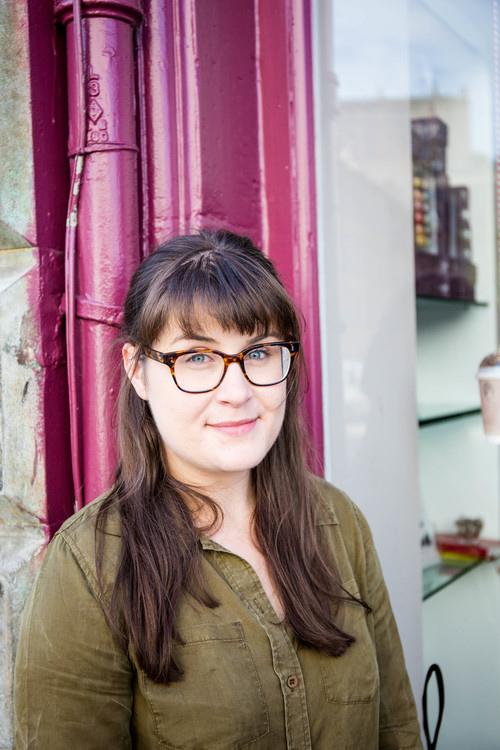
‘We were able to pay our creditors’
CASE STUDY – THE SEREN COLLECTION
With plans for a new spa at his five-star hotel, a Michelin-star chef in his restaurant and the launch of a tour operator business underway, Neil Kedward was looking forward to a good year in 2020.
But when the Covid-19 pandemic struck, the managing director of Wales-based The Seren Collection required urgent assistance from the UK Government’s support schemes to pay his creditors and maintain supplier relationships.
Mr Kedward and his wife Zoe entered the hospitality industry almost by accident in 2007.
He said: “We just happened to come home to South Wales for the weekend and stumbled across The Grove. It was a calamitous trip with lots of wrong turns and family arguments, but we found the owner in, made our offer and that was that.
“Our aspiration was much smaller than that, in fact we just wanted to convert the six outlying buildings into self catering units – now we’re a 25 bedroom hotel.”
Neil and Zoe went on to open two restaurants in Saundersfoot and Oxwich on the back of the success of The Grove.
As if that weren’t enough to keep the team busy, he also spotted a gap in the tour operator market.
Neil said: “It struck me that there weren’t enough tour operators bringing people into the country. So we started a business called routescape.com, which had a hugely encouraging start, launching at World Travel Market before a big business development trip in 2019. We had built up all our bookings for this financial year.
“And then of course the whole project was wiped out by the virus. We lost every single booking. Not just for Routescape, but for The Grove too.”
Neil added: “The loan from the Coronavirus Business Interruption Loan Scheme has allowed us to pay off all our creditors and we will be able to relaunch owing nobody any money.”
‘Loan and furloughing helped keep us solvent’
CASE STUDY – KERR’S TYRES & AUTO
When Covid-19 struck, one of Northern Ireland’s leading providers of tyres and automotive services, had just invested £2.5m in a new head office and distribution centre in Antrim and cash reserves were low.
But thanks to their ability to adapt, diversify as well as the invaluable support from the UK Government, Kerr’s Tyres & Auto has been able play a vital role in servicing and keeping the province’s key workers on the road.
Managing director Norman Kerr said: “The Antrim site used up our cash reserves and had a big impact on our cash flow.
“Unfortunately the coronavirus kicked in three months later, when we still didn’t have a chance to build up any cash reserves that we would normally have. So it had a massive impact on ourselves.
“But the problem was we had to continue trading because we supply the food sector and the white delivery van man.
“So our business had to continue. We had to pay suppliers, we had no choice in it.”
However thanks to a UK Government Coronavirus Business Interruption Loan Scheme loan of £500,000 through the Ulster Bank, as well as the furlough scheme, the family-run business was able to remain solvent and save over 50 jobs.
Norman said: “Had we not been able to get the UK Government loan scheme, it would have had a huge impact on our business. Our business, in essence, dropped probably 75 per cent within the first month.
“Thankfully that has grown steadily back since then.”
Help available to companies and workers
Here are some examples of the support available for businesses and workers.
- The Coronavirus Job Retention Scheme has enabled businesses to put employees on a period of temporary leave (furlough) and apply for a UK Government grant to cover 80 per cent of those workers’ usual monthly wage costs, up to £2,500 a month.
- The Self-Employment Income Support Scheme will allow eligible self-employed individuals to claim a taxable grant of 80 per cent of their average monthly profits, up to £7,500.
- UK VAT-registered firms have been given the option to defer VAT payments until the end of June. There will be no interest or penalties on any amount deferred.
- Commercial tenants who cannot pay their rent because of coronavirus will be protected from eviction.
- The UK Government’s Bounce Back Loans Scheme provides loans of up to £50,000 to small businesses, with a 100 per cent government-backed guarantee for lenders.
- The Coronavirus Business Interruption Loan Scheme is available for loans or finance of up to £5m. The UK Government will provide the lender with an 80 per cent guarantee to support the lending.
- The Coronavirus Statutory Sick Pay Rebate Scheme will repay employers the current rate of Statutory Sick Pay they pay current or former employees for sickness starting on or after March 13, 2020.
- The Future Fund will issue loans between £125,000 to £5 million to innovative companies which are facing financing difficulties due to the coronavirus outbreak.
VISIT THE WEBSITE
Details of the support available to businesses across the UK can be found here.
